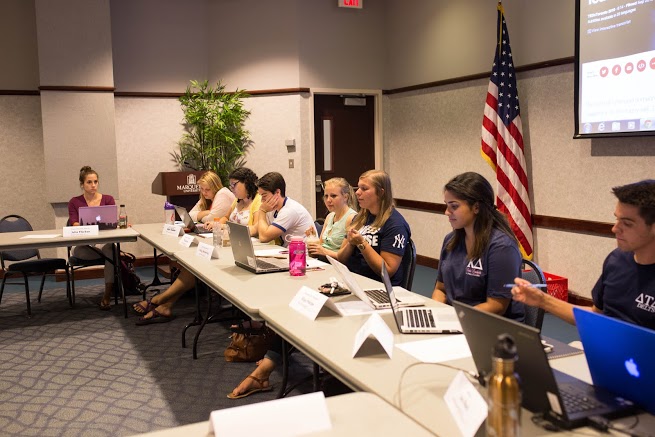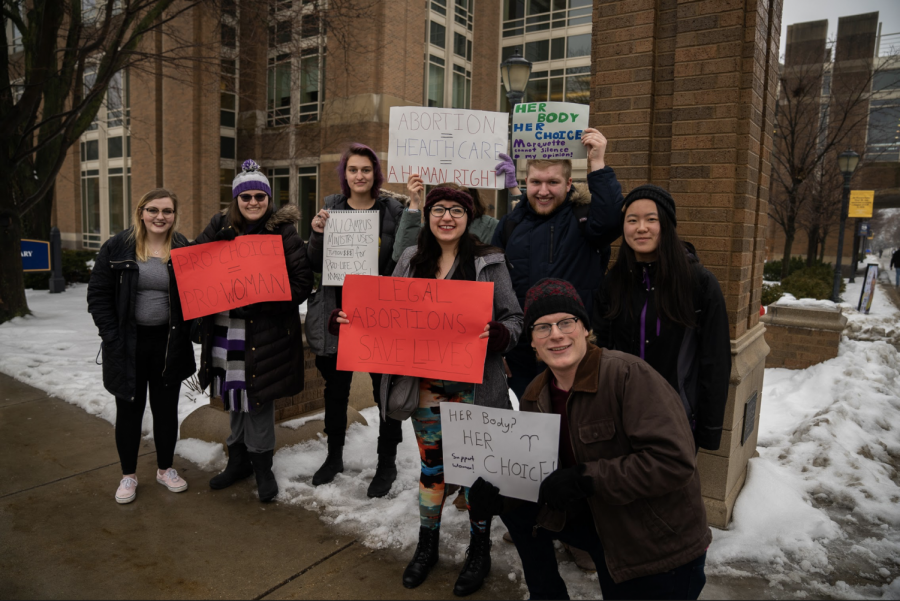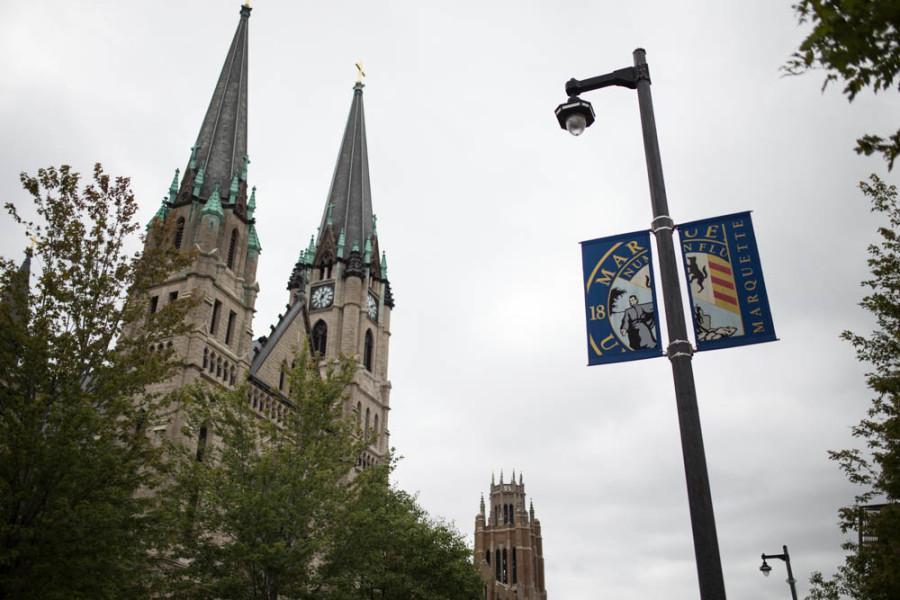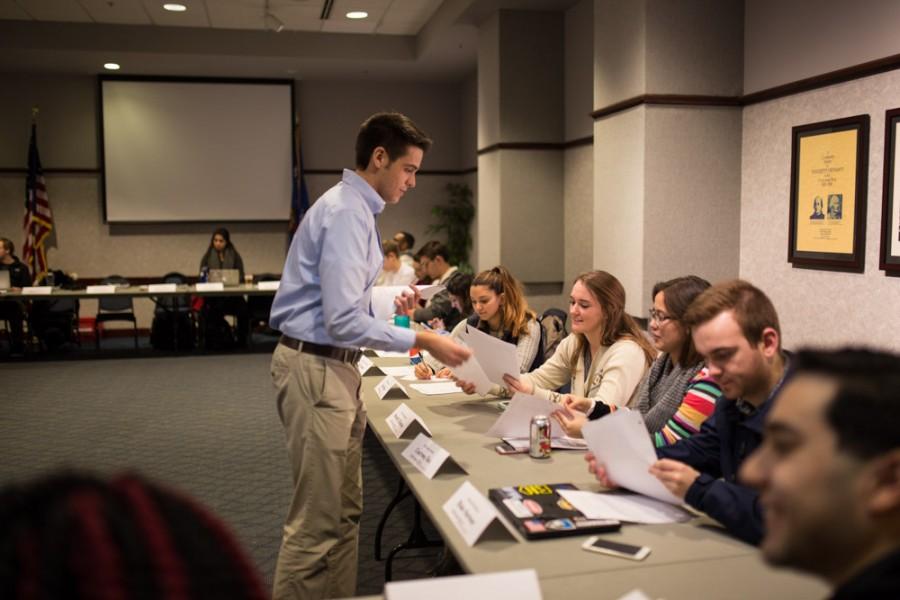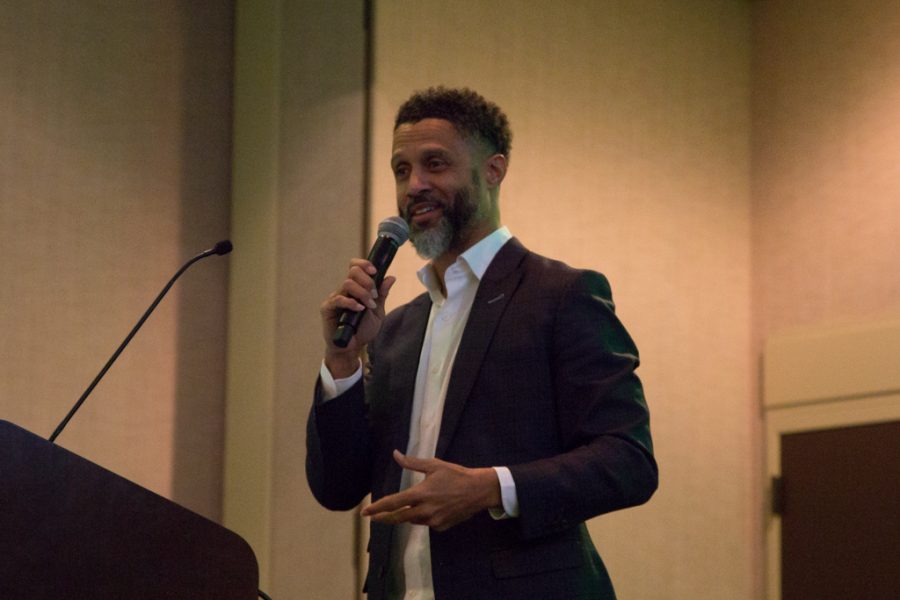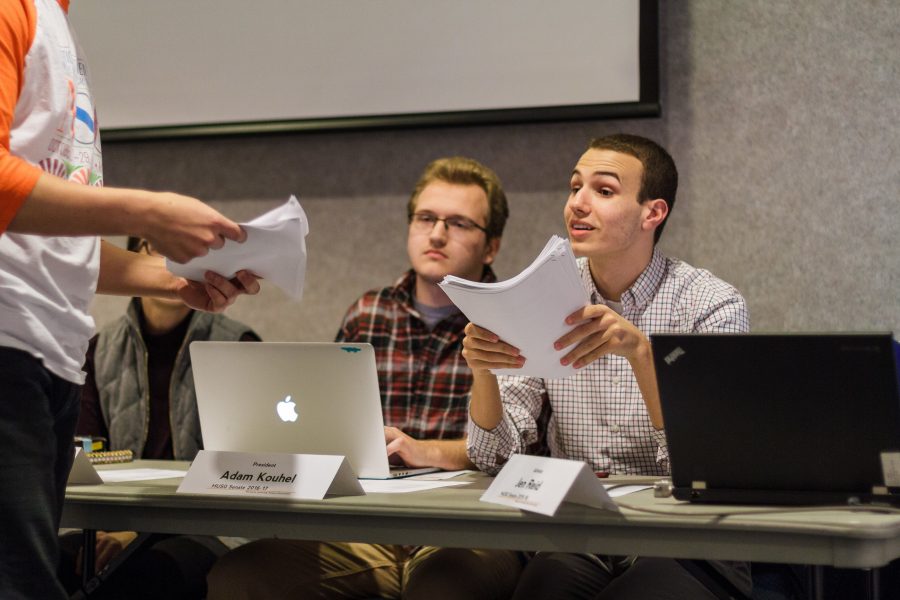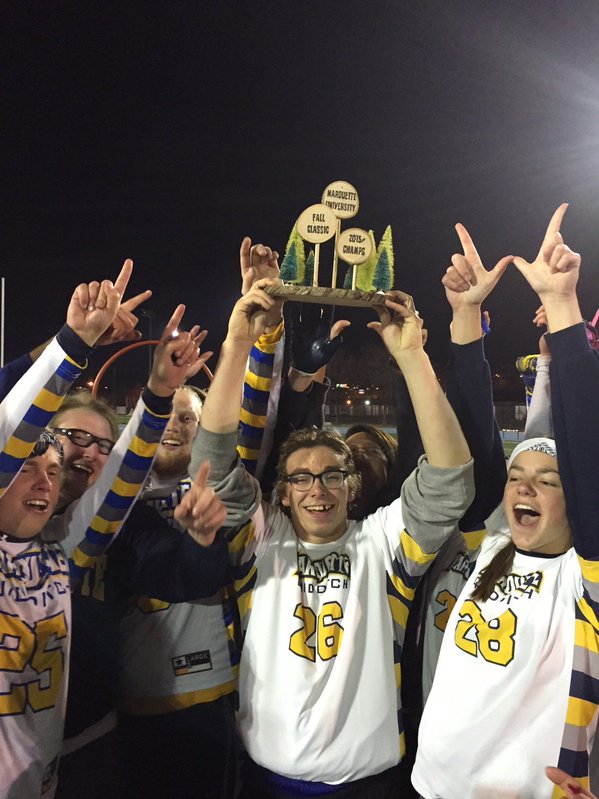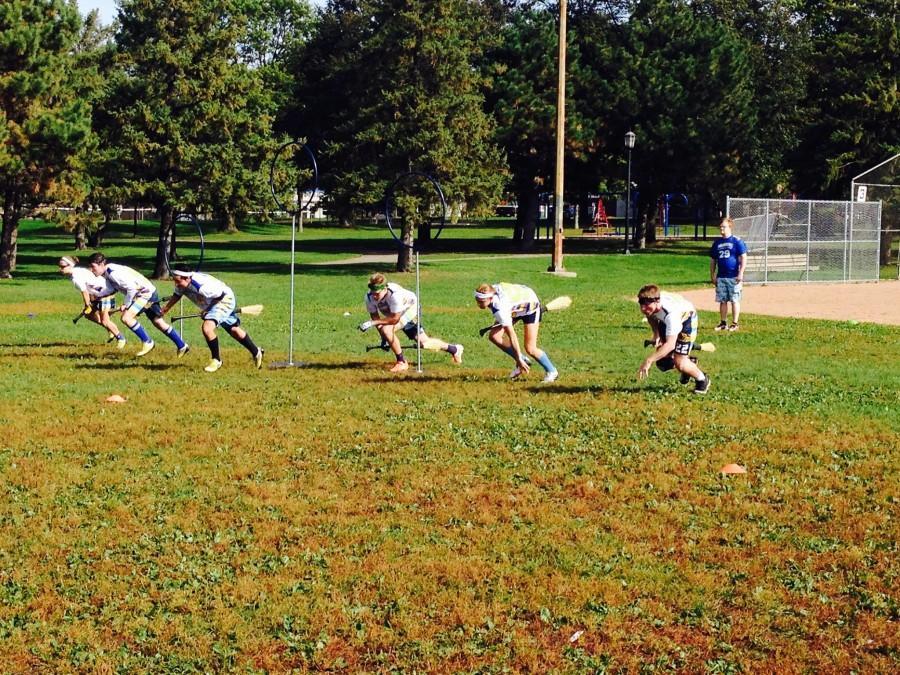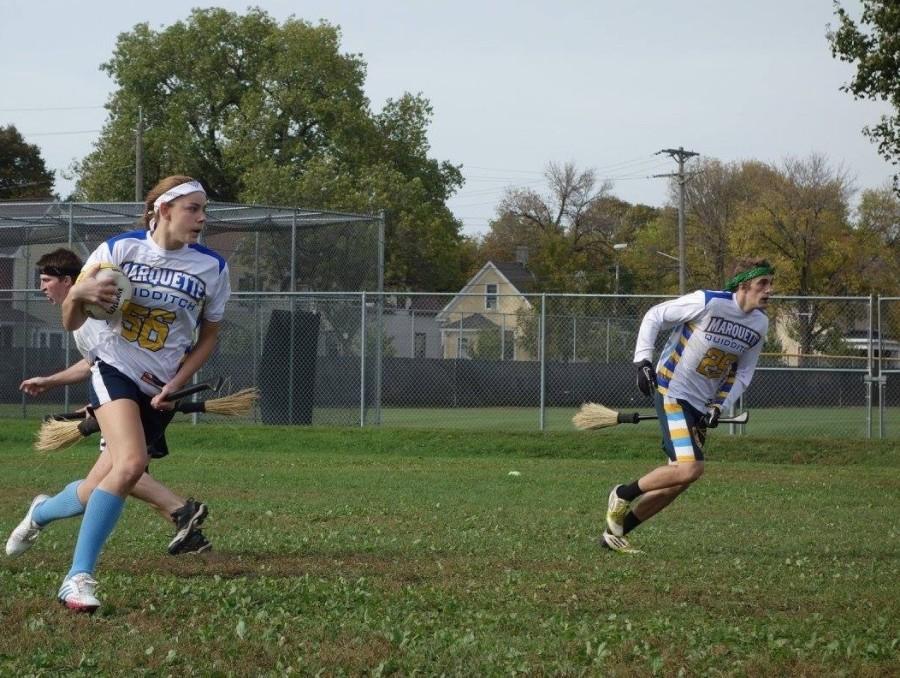After the first semester of offering spot funding to student organizations, Marquette Student Government Financial Vice President Ted Eberle said it was a huge success.
Through spot funding, club sports and student organizations can apply for funding weekly instead of once a semester for a larger allocation from bulk funding.
“I think that it really gave groups the opportunity to be flexible and participate in events that they may not have been able to without the financial support,” Eberle said.
He announced at an MUSG senate meeting Nov. 30 that student organizations had spent the $5,000 spot funding budget in the same week that the last round of applications were reviewed.
“It was something I anticipated happening sooner actually,” Eberle said. “I’m very happy with how that turned out.”
The Muslim Student Association is a student organization that applied for spot funding twice this semester due to unplanned events. Salma Jamal, finance chair of MSA and a senior in the College of Health Sciences, said in an email that spot funding was easier than bulk funding, but she wanted to receive higher allocations.
“(The) spot funding budget should be increased to allow student organizations to be more beneficial to the community,” Jamal said. “They typically don’t give more than $500.”
She added that spot funding could improve through a faster response time.
“Although they promise 10 days for a reply, that doesn’t always happen,” Jamal said.
Club Quidditch used spot funding four times this semester in order to compensate for the money they did not receive from their requested bulk funding allocation last semester.
Matthew Fiebig, president of Club Quidditch and a senior in the College of Engineering, said spot funding was more straightforward and localized than bulk funding.
“It was perfect for us because we use it for tournaments (a week in advance),” he said.
Fiebig said that bulk funding could be more improved than spot funding.
“I feel like the whole process (of bulk funding) is based on arbitrary values of what is acceptable and what is not acceptable funding,” Fiebig said. “We don’t know how much is too much.”
He also said he wishes that treasurers were required to attend more information sessions about student organization funding.
Since dues for Club Quidditch are $100, Fiebig said that funding is important to make his club more cost-friendly for new and returning members.
“It makes people’s experience (at Marquette) better if you can go out and do things with your friends,” he said. “If it’s cost-prohibitive, people won’t want to be in the club.”
At a senate meeting Monday, Eberle also announced 12 student organizations appealed their bulk funding allocations for next semester. He said that this amount of appeals was more than usual but recognized the SOF committee’s mistakes that caused some of them.
“We had some technology issues (with the Marquette involvement link) which we’re always working on,” he said. “Otherwise, we’re trying to improve our training … each semester because we want to address prevalent problems.”
Spot funding will have the same budget of $10,000 divided equally between club sports and student organizations next semester. The allocations for this process cannot be appealed. The SOF committee will review funding applications next semester every Tuesday at 7 p.m.

